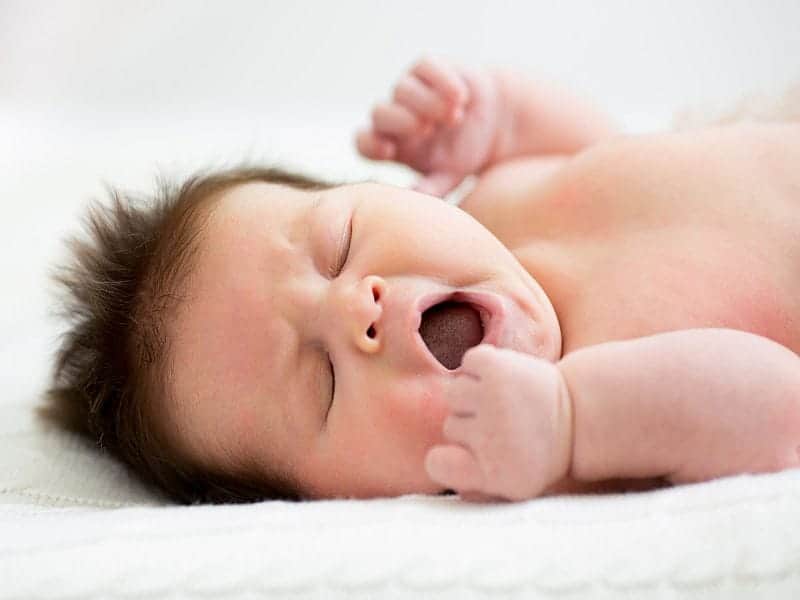
As a neonatologist, I was concerned about an apparent increase in the number of neonates being readmitted to the hospital with severe hyperbilirubinemia during the COVID-19 pandemic and social distancing mandate. I envisioned that the postpartum social support provided by visiting family and friends was being disrupted, impacting successful breastfeeding and the recognition of jaundice in infants. I was also worried about inadequate access to professional support coupled with apprehension to seeking medical care. As severely elevated bilirubin levels can impact an infant’s neurodevelopment, early identification and intervention (including feeding supplementation, lactation support, and phototherapy) is key to avoiding both long-term sequelae and hospitalization. Therefore, there was a need to explore if an increase in severe hyperbilirubinemia cases was truly occurring, if these cases represented more severe disease, and if risk factors could be identified to guide targeted counseling and closer follow up.
For a paper published in the Journal of Paediatrics and Child Health, my colleagues and I aimed to determine rates of severe hyperbilirubinemia admission during social distancing in comparison to historical norms. A retrospective chart review identified all readmissions for hyperbilirubinemia between January 2018 and April 2020 in Western New York. Our study team collected both maternal and infant data as well as details on the infant’s admission to the hospital and clinical course. Infants were categorized according to the period of hospital admission, which was characterized as pre-pandemic or control. In addition, 19 outpatient clinics were surveyed regarding lactation support.
Rates of Readmission Nearly Tripled
While rates of readmission for hyperbilirubinemia nearly tripled during early social distancing mandates, we found that there was no change in the severity of disease as determined by signs of dehydration, rates of suspected sepsis, peak bilirubin levels, duration of phototherapy, rates of bilirubin above exchangeable levels, use of IV immunoglobulin or exchange transfusion, and length of hospital stay (Table). Mothers who had infants readmitted during social distancing were observed to be younger than mothers of infants readmitted before the pandemic (25.8±3.3 vs 31.3±4.7 for COVID-19 and controls, respectively), with rates of primiparity and exclusive breastfeeding higher than national norms, but not significantly higher than controls in the cohort (62.5% vs 37.0% for primiparity; 87.5 % vs 81.5 for breastfeeding). A survey of outpatient clinics in the region identified limited options for access to lactation support via telemedicine; of the 19 clinics surveyed, only six offered a telemedicine option for lactation support.
Greater Access to Virtual Lactation Support Needed
To our knowledge, this is first study to examine increased rates of readmission for hyperbilirubinemia during the stay-at-home mandate. Our data supported our hypothesis that social distancing impacted access to healthcare, critical social support, and utilization of services for at-risk cohorts, which included young, primiparous women who breastfeed.
Based on our observations, there is a critical need for proactive identification and monitoring of at-risk mother-infant dyads during recurrent COVID-19 surges, not only during the postpartum period in the hospital but after discharge into the community. Our data further advocates for greater expansion of access to virtual lactation support, an option that has grown exponentially for physician visits during the pandemic.
Going forward, we would like to see more research on the design and application of remote lactation support, as well as on the clinical and cost efficacy of these programs. As our data represents a regional experience, we would welcome a secondary analysis comparing severity of disease in cases of hyperbilirubinemia that occurred before and during COVID-19 and the demographics associated with at-risk populations.
"severe" - Google News
February 21, 2022 at 07:18PM
https://ift.tt/uaLXqEr
Increased Severe Neonatal Hyperbilirubinemia During Social Distancing - Physician's Weekly
"severe" - Google News
https://ift.tt/3rWia6V
Shoes Man Tutorial
Pos News Update
Meme Update
Korean Entertainment News
Japan News Update
Bagikan Berita Ini















0 Response to "Increased Severe Neonatal Hyperbilirubinemia During Social Distancing - Physician's Weekly"
Post a Comment